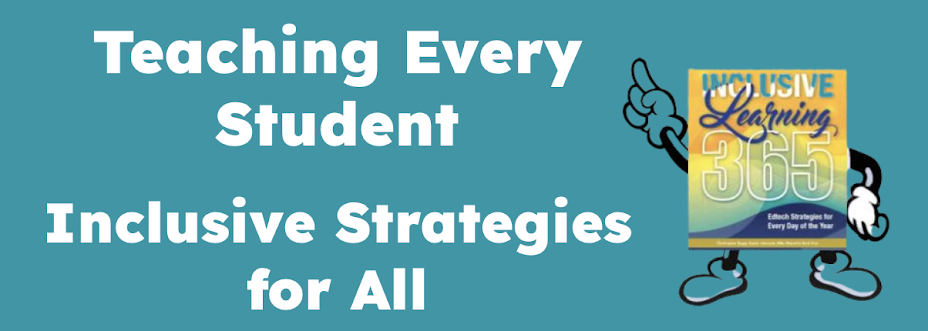During the Patriots play-off game last night at my in-laws house, I heard the familiar question asked, "Did you finish your homework?" Reluctantly, my nephew left the room to work on his math homework. He had 15 double-digit multiplication problems to complete. He also had to use two different assigned methods, FOR EACH PROBLEM.
Really?
I've read Alfie Kohn (The Homework Myth).
I've read the counterpoints to his thoughts.
I do understand the importance of math practice, which helps solidify the process of understanding.
But 15 problems?
And the double method for every single problem?
How about this idea - Three problems one method, three problems the other method and then finish three more problems using the method that works best for you. That way, you have time to reflect on what works best for you.
Isn't that the point - we want to help students understand that there is more than one way to reach the solution. Let's help kids identify what works best for them, and encourage them to use that method.
Thoughts?

7 comments:
How about one question, two methods, over a week... that's two questions a day. Once that nonsense is done with, then do some real math like figuring out how much paint you would need to buy to put three coats on the paintable surfaces of a selected room in the house. Much more interesting and also activates the multiplication skills just learned.
Love your thinking. So many options other than the drudgery of repetition with no purpose.
I'm not sure which two "methods" the teacher wanted the student to use but I would hope my students would be comfortable with a variety of methods and choose the one that makes most sense to them and the numbers they are working with. Some methods for multiplication might work more nicely for different numbers. I would think the best homework would be a variety of questions where students can use whichever method makes most sense to them and then a follow up question asking them how they chose which method to use.
If the "problems" are not really solving anything that the student is interested in, nor anything that would be encountered in a real situation, then I suggest a different option: Find some better problems. And solving 1 worthwhile or interesting problem is worth 1000 lousy boring ones. In makelearn's example, I'd go one step further. Estimate how much paint would be needed to paint something (classroom, doghouse, paint over the swear words scratched on the bathroom stalls, whatever), and then have them actually paint it. The feedback they get from running out of paint or having 5 extra cans will be more valuable than any grade we could give them.
Great thoughts - I am new to blogs and am enjoying reading these comments. I especially liked Lisa's comment about letting the student choose what makes sense to them.
I would assume the simplest school assignment would be a spread of queries wherever students will use whichever technique makes most sense to them then a follow up question
I am a math teacher and I never assign more than ten problems, maybe 11 for my gifted students. The thing is, at the high school level, you can believe that each problem is slightly different from the last, using the newly learned concept in a different way to enhance their understanding of the concept. I tell my students at the beginning of the semester to never expect to get 30 problems for homework. I only give them enough to check for understanding and to make sure they have the practice to solidify that understanding.
Post a Comment